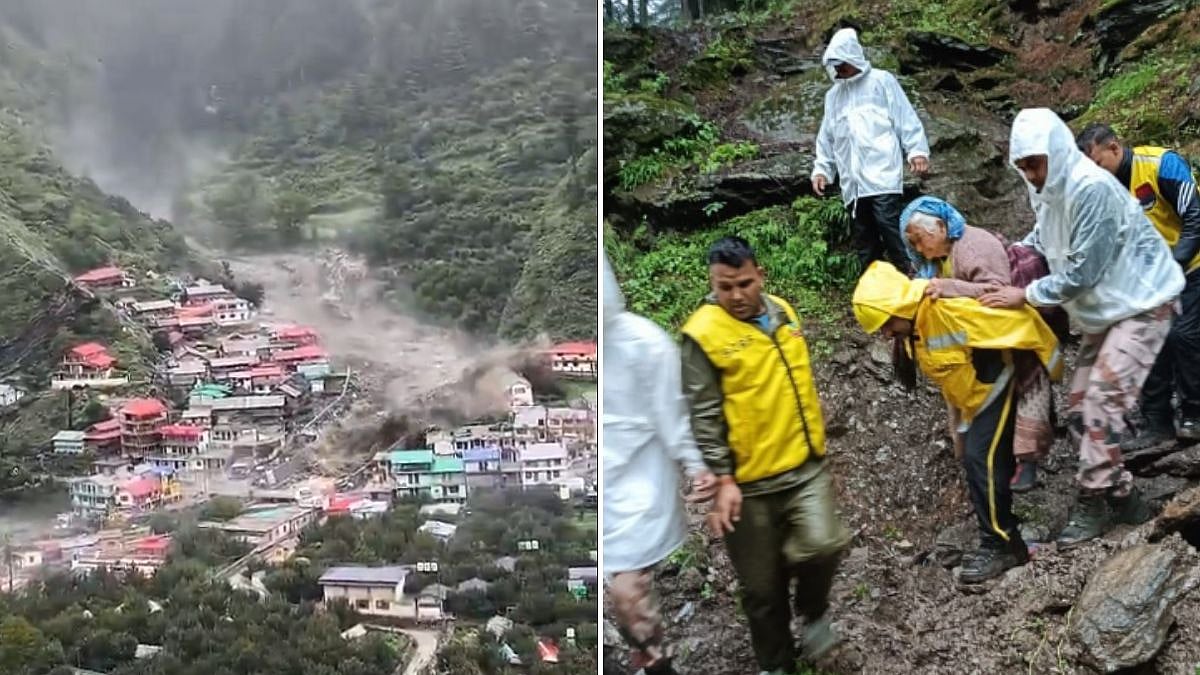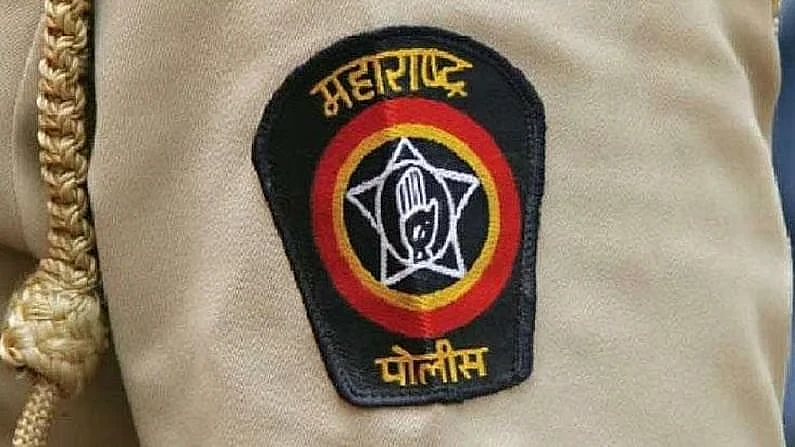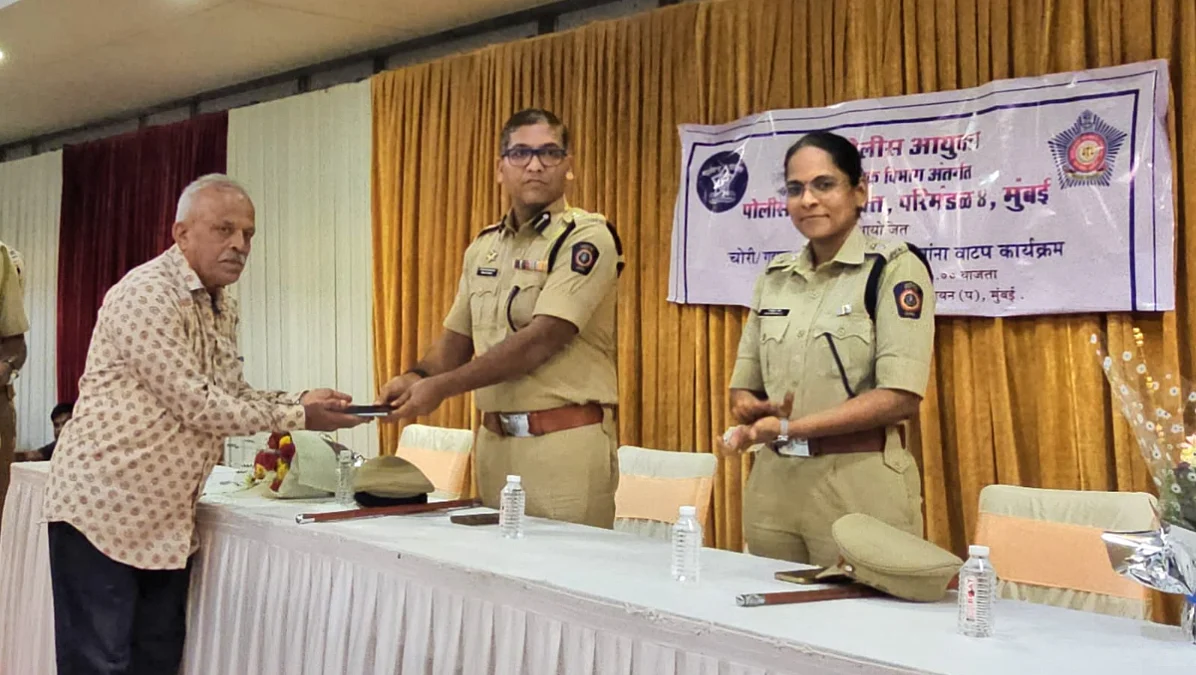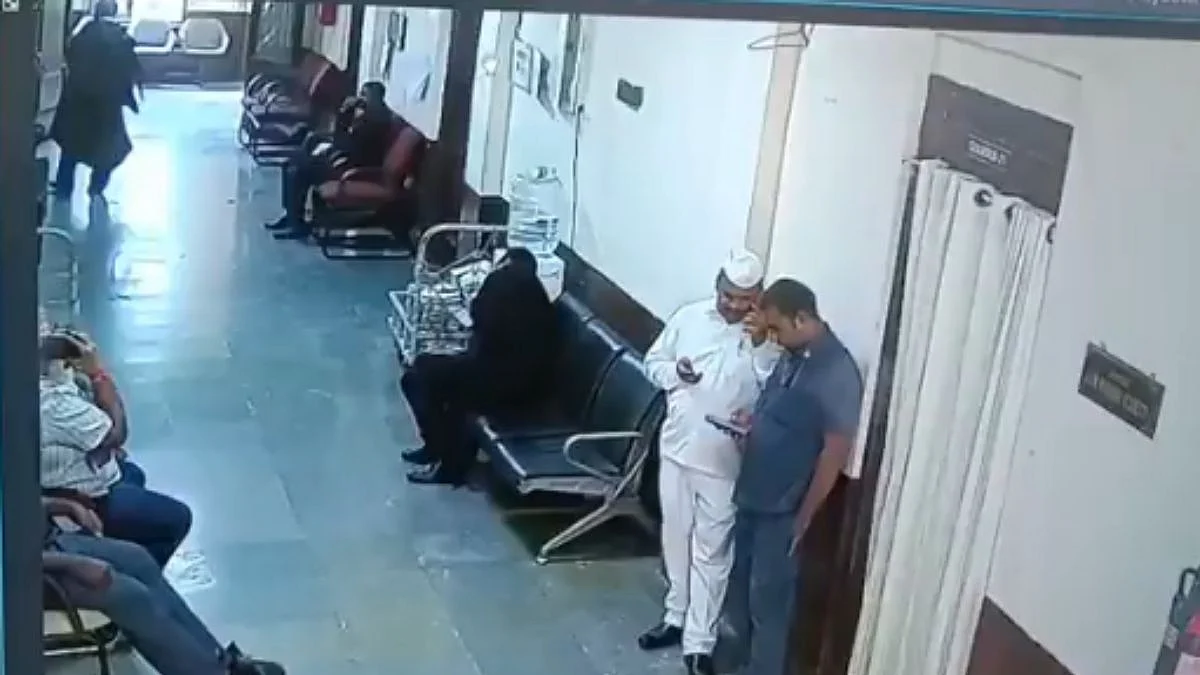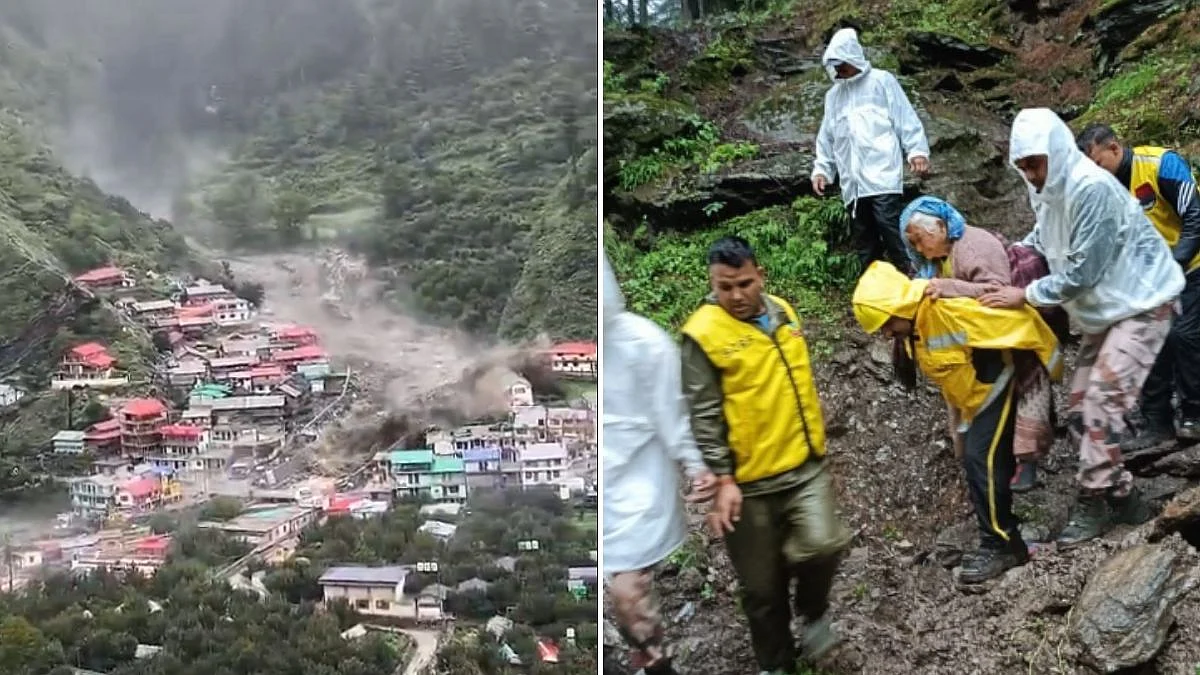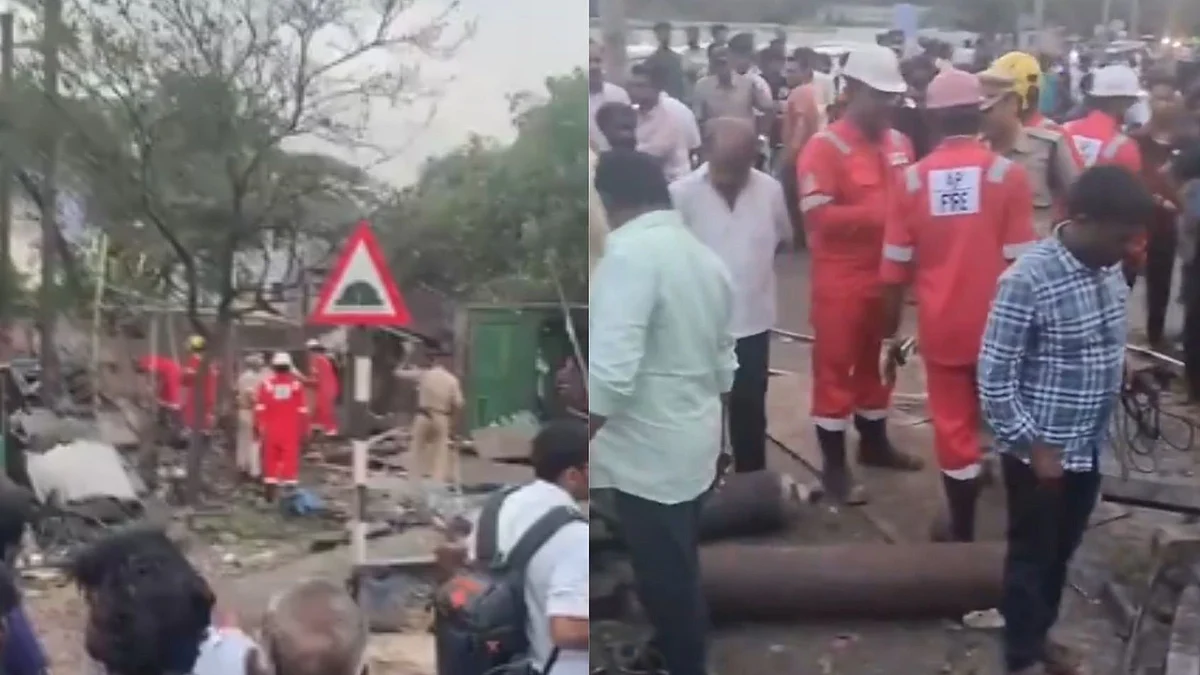A devastating cloudburst in Uttarkashi, Uttarakhand, has triggered flash floods that washed away an entire village, disrupted infrastructure, and claimed lives. As rescue operations intensify in the rain-battered region, the focus now turns to what caused this disaster, what could have been done, and how many more such events India is bracing for in a warming world.
To understand the crisis better, Free Press Journal Executive Editor Afrida Rahman Ali spoke to noted environmental activist and climate expert Rituraj Phukan, who has worked extensively on water accessibility and climate awareness across India. Phukan, who hails from Assam, is also a trained climate reality leader and a seasoned voice in global environmental advocacy.
Here are the key takeaways from their conversation.
Q1. Afrida Rahman Ali: Rituraj, Uttarkashi has witnessed a catastrophic cloudburst and flash floods. Thalli village has been almost wiped out. What do you make of this disaster?
Rituraj Phukan: This is yet another tragic example of the devastating impact of climate change. Such extreme weather events have been predicted for years. We saw similar devastation in 2013 when over 6,000 people died in Uttarakhand. Now it's happening again—and more frequently.
Q2. Afrida: Experts are linking this to rampant construction. One analyst points to dumping of excavated soil, tree felling, and highway blasting. How much of this is man-made?
Phukan: Absolutely. It’s not just climate—it’s human negligence too. In the fragile Himalayan ecosystem, reckless construction, deforestation, and soil dumping have disastrous consequences. We think we can outsmart nature, but nature always fights back. What’s happening is a direct result of ignoring ecological warnings.
Q3. Afrida: So it’s a mix of climate change and bad planning?
Phukan: Yes. Climate change has made the weather unpredictable. When you combine that with unregulated development—cutting trees, flattening mountains, tampering with river systems—you’re asking for trouble. And we’re seeing the results now across the Himalayas, not just in Uttarakhand.
Q4. Afrida: What about government monitoring of glacial lakes? Wasn’t this supposed to help?
Phukan: Monitoring exists, but it’s not enough. You need action, not just data. Many glacial lakes are on the verge of collapse due to fast melting, and yet, construction continues downstream. It’s like playing with a ticking time bomb and pretending we’re safe.
Q5. Afrida: With the IMD warning of more rain till August 10, is there any way to prevent more destruction?
Phukan: We can’t stop nature’s fury, but we can reduce the damage. Early warning systems, quick evacuations, and well-drilled response teams can save lives. Switzerland did it recently and prevented mass casualties. Why not us?
Q6. Afrida: But people in these areas often live in poverty. They can’t just relocate.
Phukan: Exactly. These are frontline communities, vulnerable and without means to move. That’s why the government has a moral duty to protect them—with better warning systems, better planning, and better support. These lives matter.
Q7. Afrida: Do you think the government response is strong enough? Have we learned from the 2013 tragedy?
Phukan: Sadly, no. We still lack coordination. In 2013, over 6,000 people died. Since then, we’ve had multiple landslides, floods—even a major one in Kerala recently. The rescue teams do commendable work, but prevention is still weak.
Q8. Afrida: There seems to be a lack of coordination across departments. Forest, environment, infrastructure—they often work in silos.
Phukan: True. One department pushes for a highway, another raises ecological concerns—but those warnings are ignored. We need all stakeholders to collaborate. Development can’t happen at the cost of the planet. It must be balanced. I believe every department should undergo climate training.
Q9. Afrida: You’ve worked with global climate movements and even visited Antarctica. Do you think bureaucrats and officials need more exposure to such ecosystems?
Phukan: Absolutely. First-hand experience is a powerful teacher. Policymakers should see what climate collapse looks like. In Assam, we run training programs through the Maau Climate Forum for officials across departments. Everyone should be an environmentalist today—whether you build roads or plan cities.
Q10. Afrida: What’s the one message you want to leave with our readers and policymakers?
Phukan: It’s simple: Put the planet first. We cannot continue development at all costs. Climate change, biodiversity loss, and pollution are converging threats. If we don’t act responsibly now, we’ll lose more than villages—we’ll lose our future.
Also Watch:
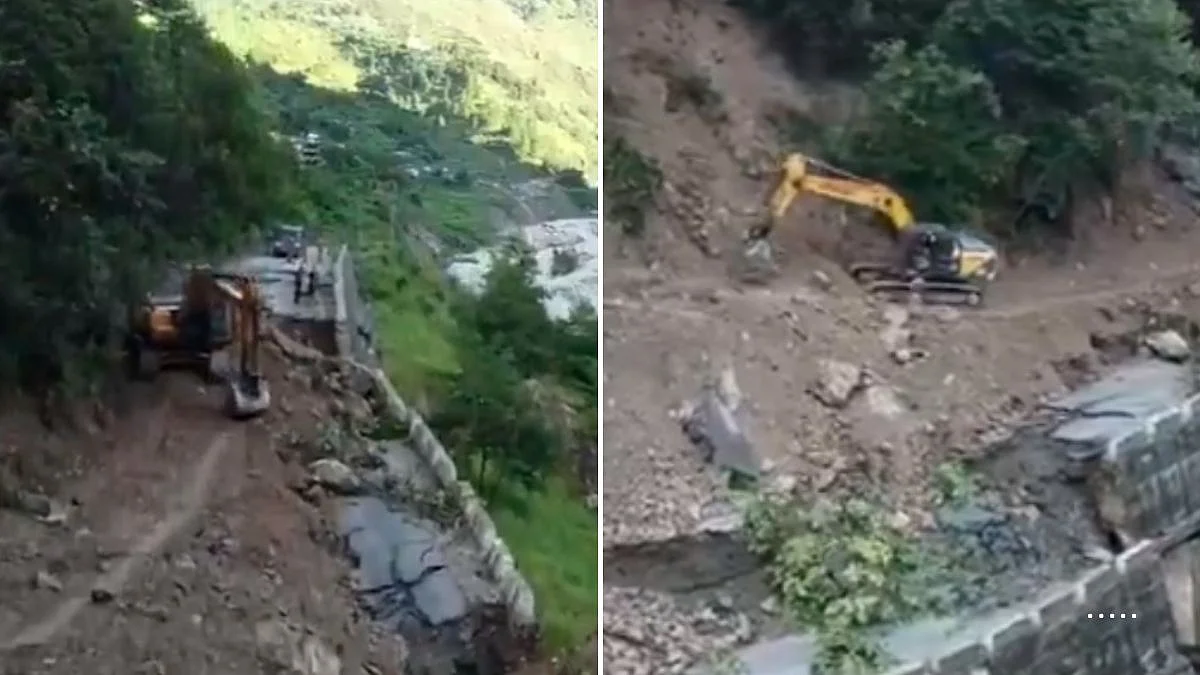
As the waters recede in Uttarkashi, the questions remain: Can we prevent the next disaster? Can India walk the tightrope of development and ecology? Or are we doomed to repeat tragedies like this one?
Phukan’s message is clear—respect nature or face the consequences.
